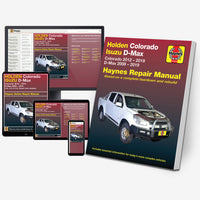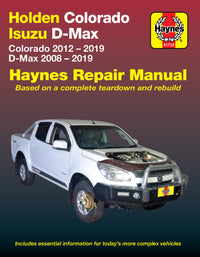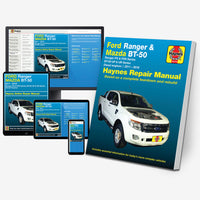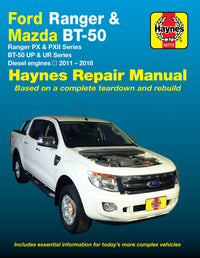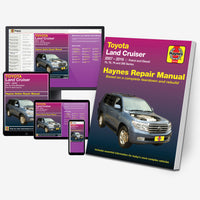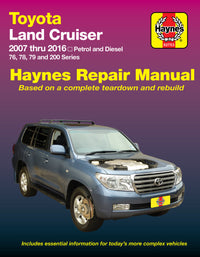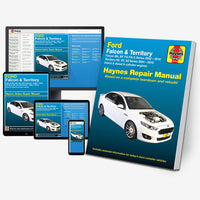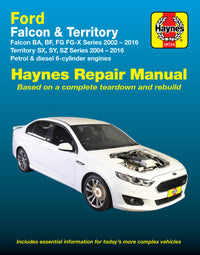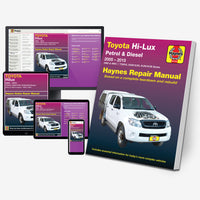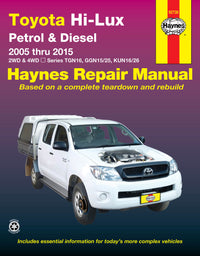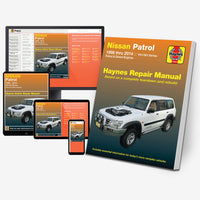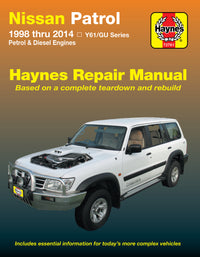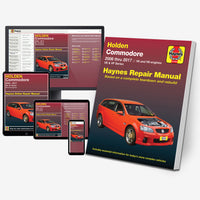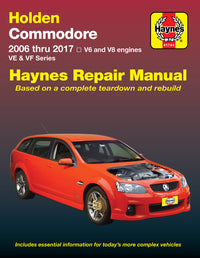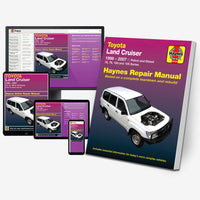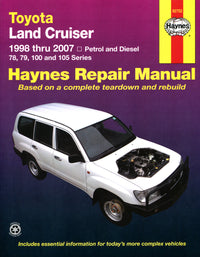If you live in the south of Australia or anywhere in New Zealand, May, June and July are when you'll really notice the earlier sunsets. Driving at night requires more concentration from the driver, so it makes sense to have a car that's in tip-top condition – especially when the clocks go back (if your state observes DST).
If most of your time behind the wheel is spent driving to and from work in the dark, these car preparation tips will help you and your passengers to stay safe.
1 Are all of your bulbs working?
It seems obvious, but It’s easy to notice lights out on other vehicles, while remaining oblivious to a blown tail light or dipped beam bulb on your car.
Just spending a minute once a week to check if the lights actually work could make it easier to see the road, avoid a crash, or being stopped by the cops.
Autofix can help with general DIY guidance on bulb types and renewal.

2 Give it a wipe!
The bulbs might be working, but if the light lenses are dirty the amount of light actually emitted is bound to be reduced. I sometimes wonder if there is something wrong with my eyesight when driving in the dark, only to discover the headlights are dirty. A quick clean and miraculously the verge is now visible!
3 Banish foggy lenses
With the widespread use of plastic for headlight lenses, ‘fogging’ or ‘yellowing’ of the lens is a common issue. Age and exposure to UV rays causes the deterioration of the plastic, but cheap and easy restoration kits are readily available – or you could try this tip from Car Hacks.
The kits normally work by carefully removing the ‘fogged/yellowed’ outer layer of the lens, and then applying a thin coat of ‘preservative’ to slow down future deterioration. The complete job might take an hour or so, but could save the expense of headlight renewal.
4 Time for a new set of blades?
It is pretty obvious that the wipers should clean the windscreen efficiently, but it’s not easy to notice the gradual deterioration of their performance. The rubber blades harden over time and accumulate dirt, dust and debris from sweeping the screen.
Even if the rubber appears intact, the chances are that they’ve accumulated a greasy layer, and only really clear the water from the screen properly once they’ve been operating for a few minutes.
We recommend that wiper blades are changed every year, regardless of their apparent condition.

5 Cut the odds of a flat tyre
While your tyres’ condition and pressures are important all year round, and sorting out a roadside puncture on a summer evening would be an irritation, doing the same thing on a cold, dark, wet road becomes a major event.
Spending a couple of minutes checking the tyres could be time well spent. Spotting tyre damage or pressure loss early can help prevent that nightmare by the roadside.
Autofix can help, showing you what to look for and the correct pressures.
6 What’s in the washer bottle?
With dark winter nights comes dirty roads. Mud might be an issue in the outback, but spray from other traffic is a major problem on all roads.
Water brings all sorts of contaminants to the surface – dirt, grease, oil and salt – and if the windscreen washers don’t work, or aren’t aimed correctly, the wipers may not clear the windscreen quickly if at all.
So a weekly check of the fluid level in the washer reservoir (make sure to fill it with a suitable concentration of screenwash) is recommended, along with a check of the jets. Traditionally, it’s been possible to adjust the aim of the jets with a pin or needle, but on many modern cars, the aim is not adjustable, and inserting a pin into the jet opening can cause damage. If in doubt, replacement jets are usually inexpensive and may be the only solution.
If the jets are blocked, it may be worth disconnecting the fluid supply pipe from the jet and trying to clear them with compressed air from a foot pump or similar, but often renewal is the only answer.
7 Clear view ahead?
Windscreen cracks and chips can distort other vehicles’ lights, especially in the rain.
Often a damaged windscreen can be repaired if the damage is caught in time, or if renewal is the only option they’re sometimes covered by the vehicle insurance policy.

8 Follow our maintenance tips
A breakdown during a summer's day is a major inconvenience, but in the dark, on a lonely wet road, it can become a nightmare.
Keeping the vehicle serviced in accordance with the recommended schedule can help minimise the chances of a breakdown. Autofix has a service schedule for most vehicles, along with essential servicing specifications and general DIY servicing advice.
9 Do night driving glasses work?
Night driving glasses tend to use yellow-tinted lenses that are designed to filter out glare, which can be useful if you're particularly sensitive to bright lights at night because, for example, you're recovering from laser eye surgery.
However, as well as helping with dazzle, night driving glasses also reduce the amount of all visible light that reaches your eyes. So this means that darker areas are even dimmer than before, so it may be harder to spot pedestrians as they step out into the road or animals such as deer or cats.
Night driving glasses are best used in the short-term if absolutely necessary, but the best solution would be to visit an optician, who can give you a thorough eye examination to determine why you might be finding it more difficult to drive at night. Presbyopia, for example. You can then have a pair of prescription glasses made up, complete with a coating designed to reduce reflections and dazzle.
If you're a contact lens wearer, your optician may recommend a change of product or prescription to make life easier when behind the wheel.

